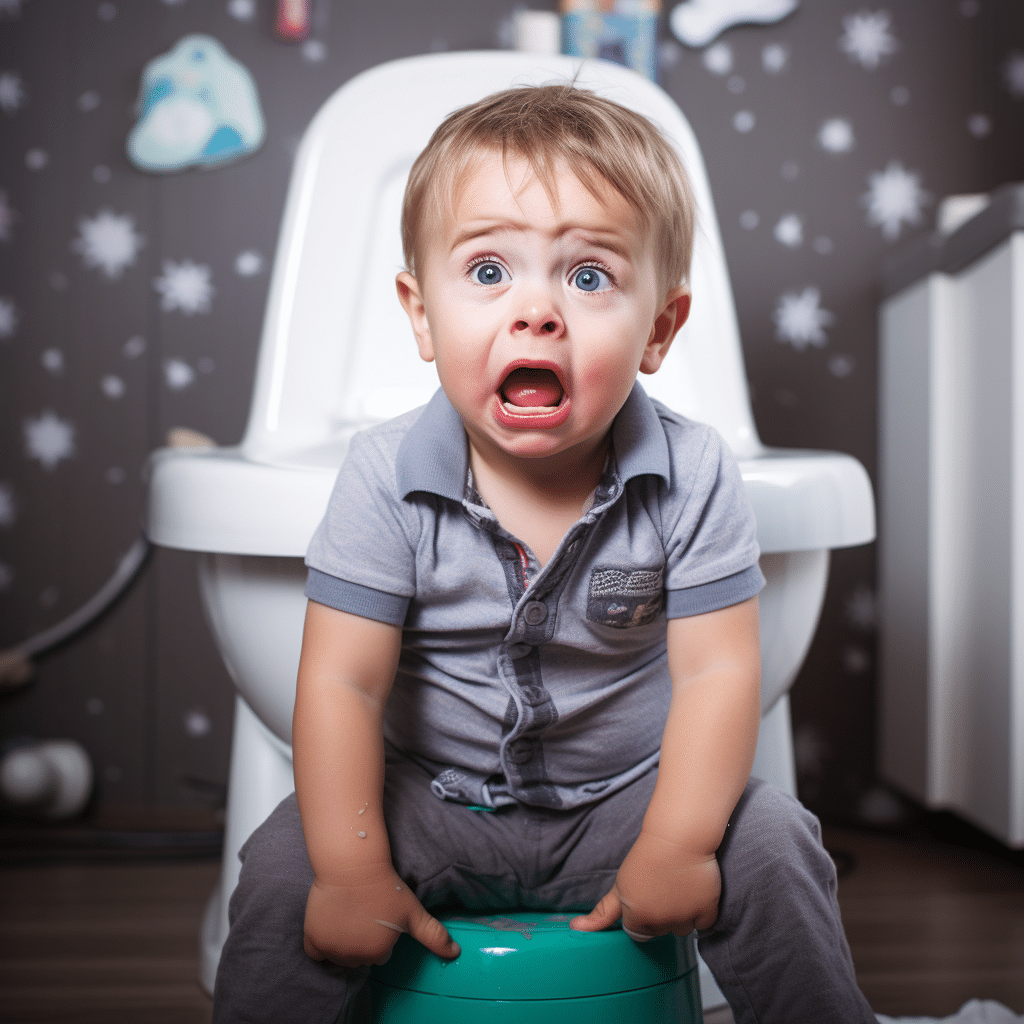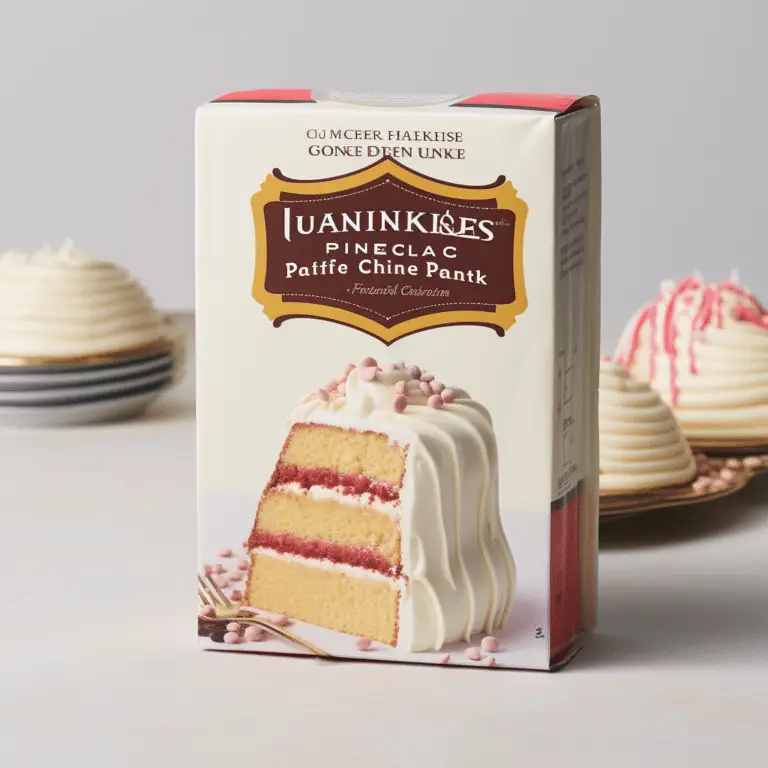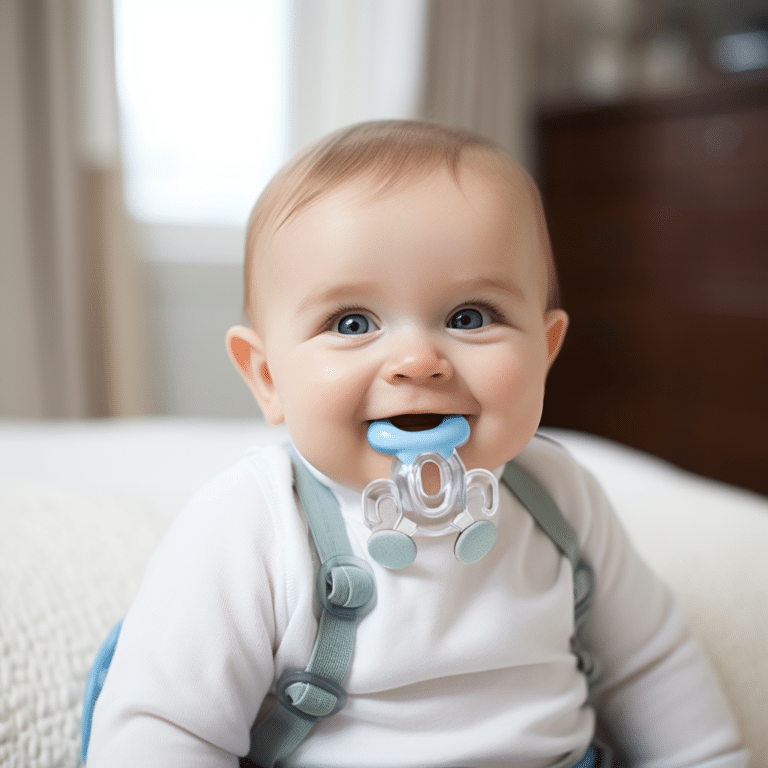Understanding Reasons for 3-Year-Old Pooping Issues
Exploring Factors Behind 3-Year-Old Pooping Problems: As a parent, you face so many stresses in life, and having a toddler who isn’t able to use a potty or toilet could add more stress. 3-year-old pooping in their pants is not out of the ordinary.
Babies are often potty trained between 2 to 2.5 years, with others learning as early as 18 months or as late as 3 years. Training depends on your child’s readiness and ability to potty train. Several factors can lead to your 3-year-old pooping on their pants.
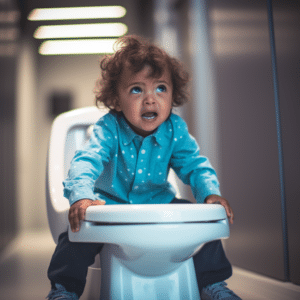
3-Year-Old Poops In Pants And Doesn’t Care(Reasons)
Late Potty Training
Several reasons could lead to late potty training; physical and health r health issues, lack of readiness by the toddler, regression, and resistance. Poor Exploring Factors Behind 3-Year-Old Pooping Problems training methods could also lead to the lateness in learning how to use a potty. In case of health issues, seek medical advice. You could also learn the best practices in potty training to fast-track the process.
Ignoring The Urge To Poop
A toddler may be busy playing and choose to ignore the urge to poop. They could also hold poop when in new environments. One way of helping them overcome this habit is to schedule potty time. If you notice they soil themselves at a certain time consistently, put them in a potty a few minutes before.
With time, they will get used to the schedule. When in a new environment such as school or daycare, discuss with the caretaker the best way to help them visit the toilet at the scheduled time.
Regression
A toddler can regress in potty training due to various reasons including; stress due to sudden changes such death of a family member, divorce, separation, a new environment, and the birth of a sibling.
To deal with regression, reassure the baby, apply positive reinforcement as you retrain them, and seek advice if you deem it out of the norm. Remain calm and avoid punishing or shaming them for the act.
Ill Health
A child may soil themselves when sick. For instance, when they have diarrhea, they may not manage to get to the toilet or potty before the poop comes out. Seek medical advice if the situation gets out of hand.
Encopresis
Encopresis, also known as fecal soiling, is the involuntary soiling of clothes. Stool gets backed up in the small intestines for several days without movement, while liquid waste bypasses the stool, and leaks, soiling the pants or diapers. Encopresis is often linked to constipation. It could lead to tears in the rectum due to strain as they pass stool.
Symptoms Of Encopresis
- Lack of appetite.
- Abdominal pains.
- Secretive behaviors that might have been triggered by shame and guilt of soiling themselves. Punishing such a child could lead to these behaviors. For instance, you may find a child hiding a soiled pair of pants to avoid punishment.
- Painful, hard to pass stools.
- Urinary tract infections, especially in girls.
- Failure to poop for 3 days or more.
Causes Of Encopresis
The major cause of encopresis is constipation. Other causes are;
- Early toilet training. When a child is toilet trained before they are ready, they may develop a fear of using the potty or toilet and end up holding poop.
- Inactivity which could be due to physical challenges, illness, or laziness
- Stress due to changes at home, school, or environment.
- Anxiety over toileting.
- Health issues such as diabetes and hypothyroidism.
- Sexual abuse.
- Emotional disturbances.
- Poor toilet training.
Remedies Of Encopresis
The first step is to identify the cause of the condition. The remedies below might help treat encopresis;
- Counseling.
- Proper diet with adequate fibers and sufficient water throughout the day.
- Encourage behavioral changes.
- Encourage regular exercise.
- Seek advice on best potty training practices.
- Consult a pediatrician.
Poor Toilet Training
Poor toilet training could lead to 3 years old pooping on themselves. The techniques and timing of toilet training vary, but there are general tips that are applicable across the board, such as training a toddler when they are ready.
Signs that indicate readiness include; showing interest in using the potty or toilet, hiding when they pee or poop, pulling down wet diapers or pants, independence, and having developed fine motor skills. If your toddler can easily follow instructions, they might be ready for potty training.
Tips On How To Potty Train Successfully
These tips might help you to potty train your child successfully;
- Prepare your child psychologically. Help them understand it’s normal to poop or pee.
- Prepare the equipment by placing a potty chair or stand in the bathroom or a convenient place where the toddler can easily see it. Normalize the process and encourage the child to be independent by having them wipe themselves first before helping them and allowing them to flush the toilet or empty the potty.
- Schedule potty breaks. This will help the baby get accustomed to using the potty.
- Encourage the toddler to sit on the potty after a meal.
- Accidents will happen; stay calm and collected. Do not punish a child for such occurrences, instead reassure and retrain.
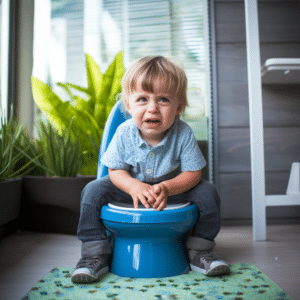
Resistance
Exploring Factors Behind 3-Year-Old Pooping Problems: Your 3-year-old may resist using the toilet and poop on themselves. At 3 years, a child is not mature enough to handle emotional changes. They could poop on themselves as a way of venting their anger or as a sign of dissatisfaction. In such a case, you can introduce the carrot and stick principle. Try withdrawing privileges when they poop on their pants intentionally and reward positive efforts. Teach the child how to handle emotions using simple words. You could also determine the stressors and eliminate them.
In conclusion, 3-year-olds can poop on themselves due to late, poor, or early toilet training, encopresis, health issues, and ignoring the urge to poop. The rule of thumb is to never shame or punish your child for pooping on their pants. Identify the cause and help the child deal with it.
